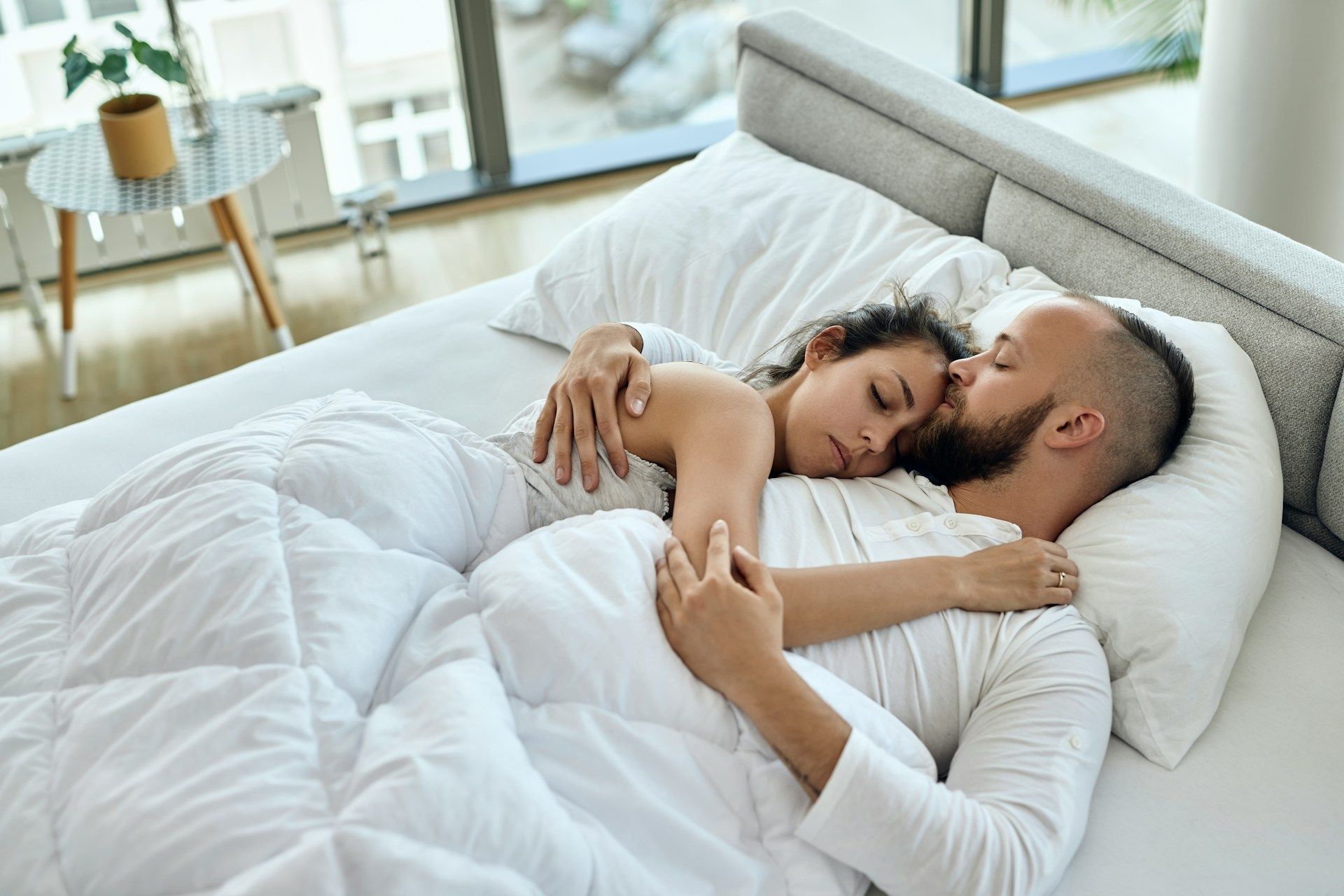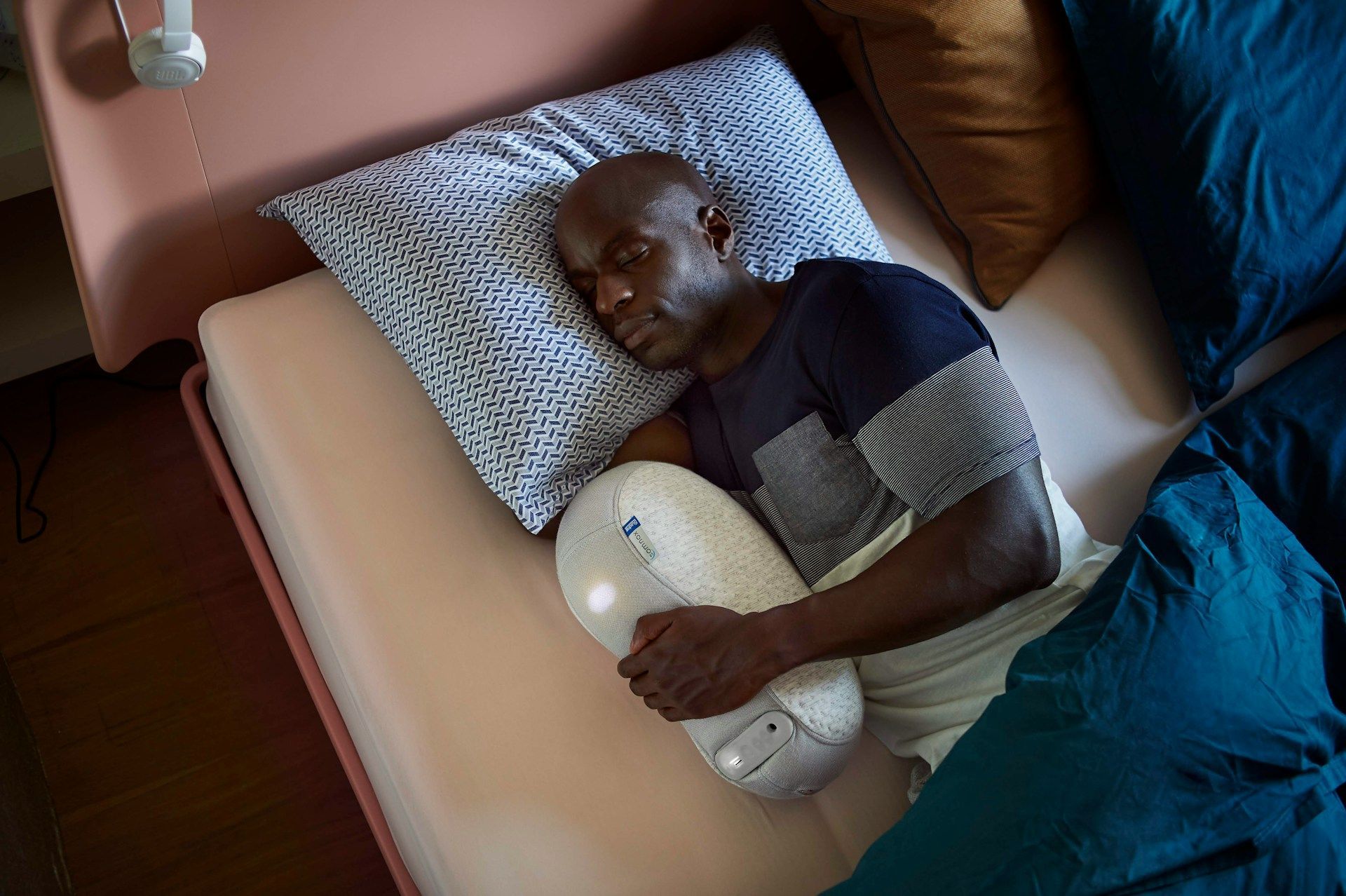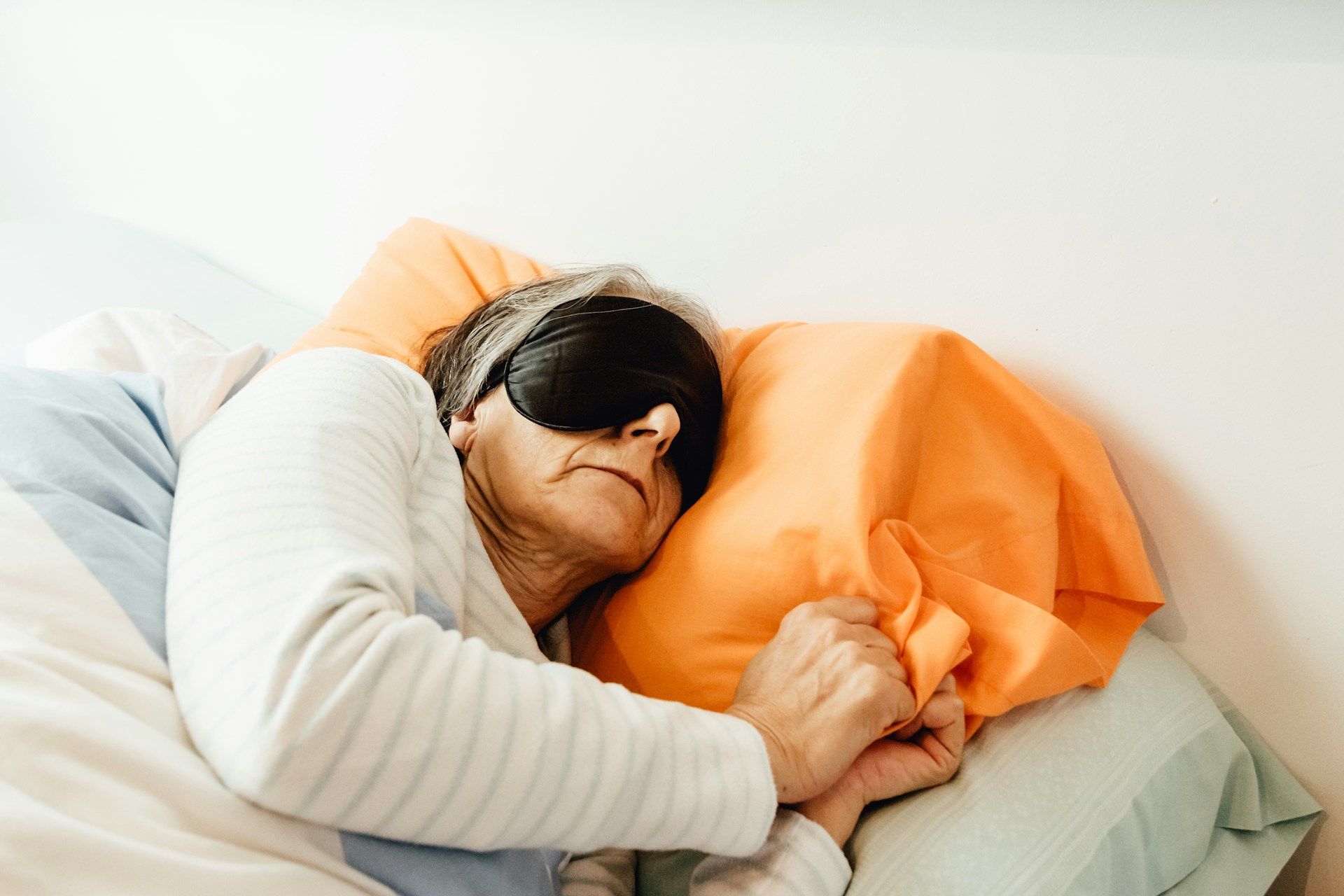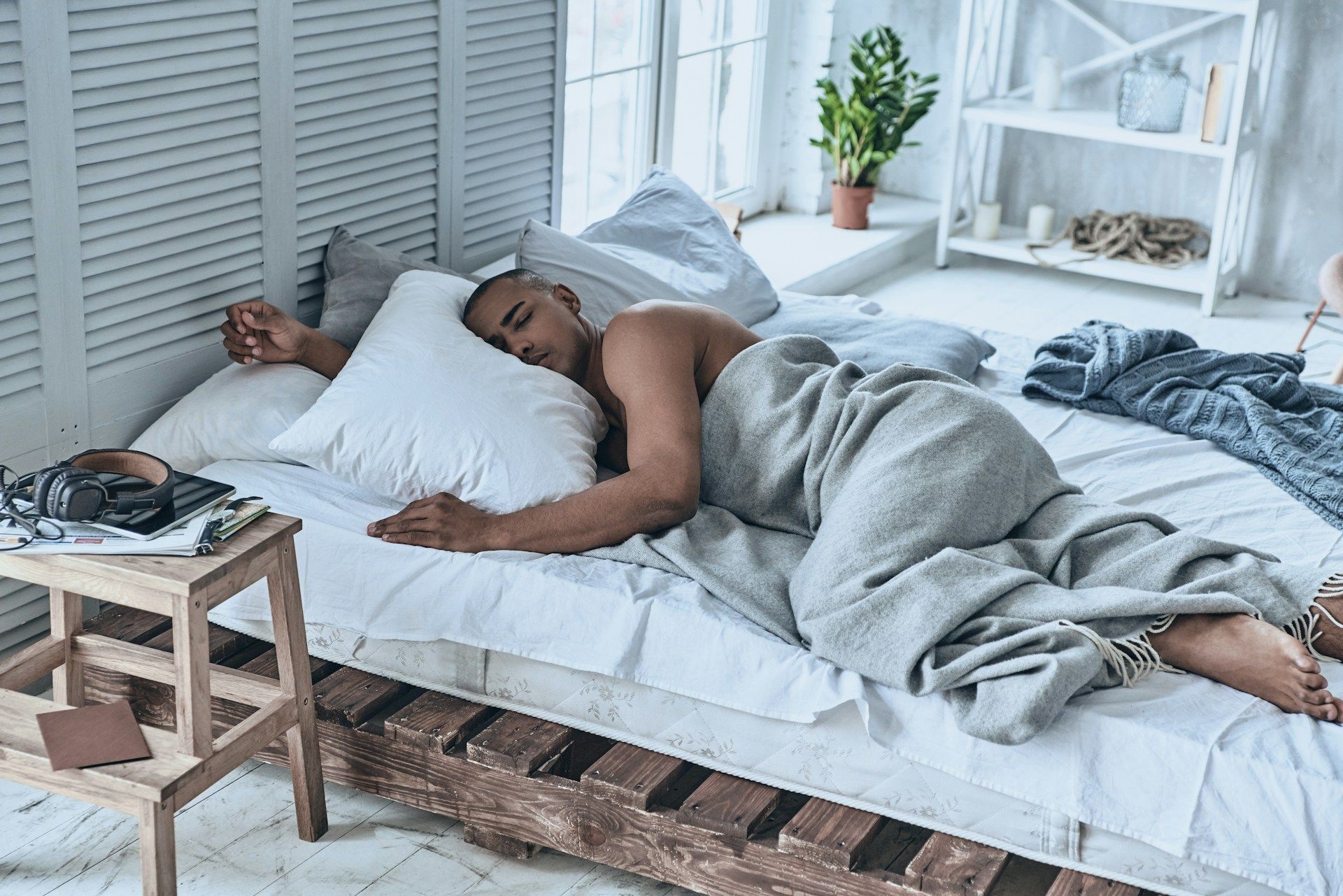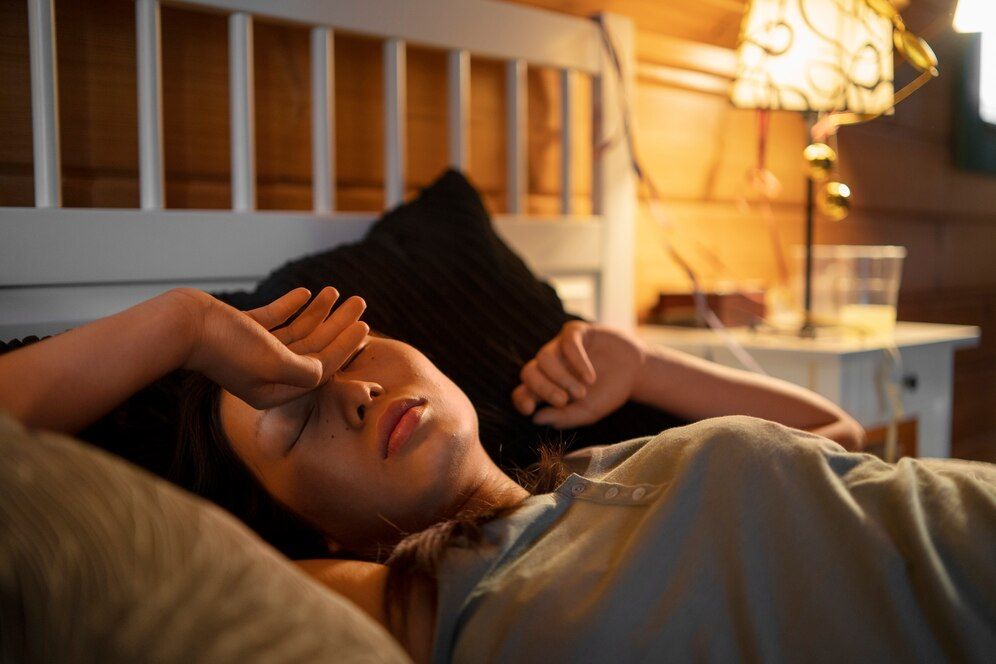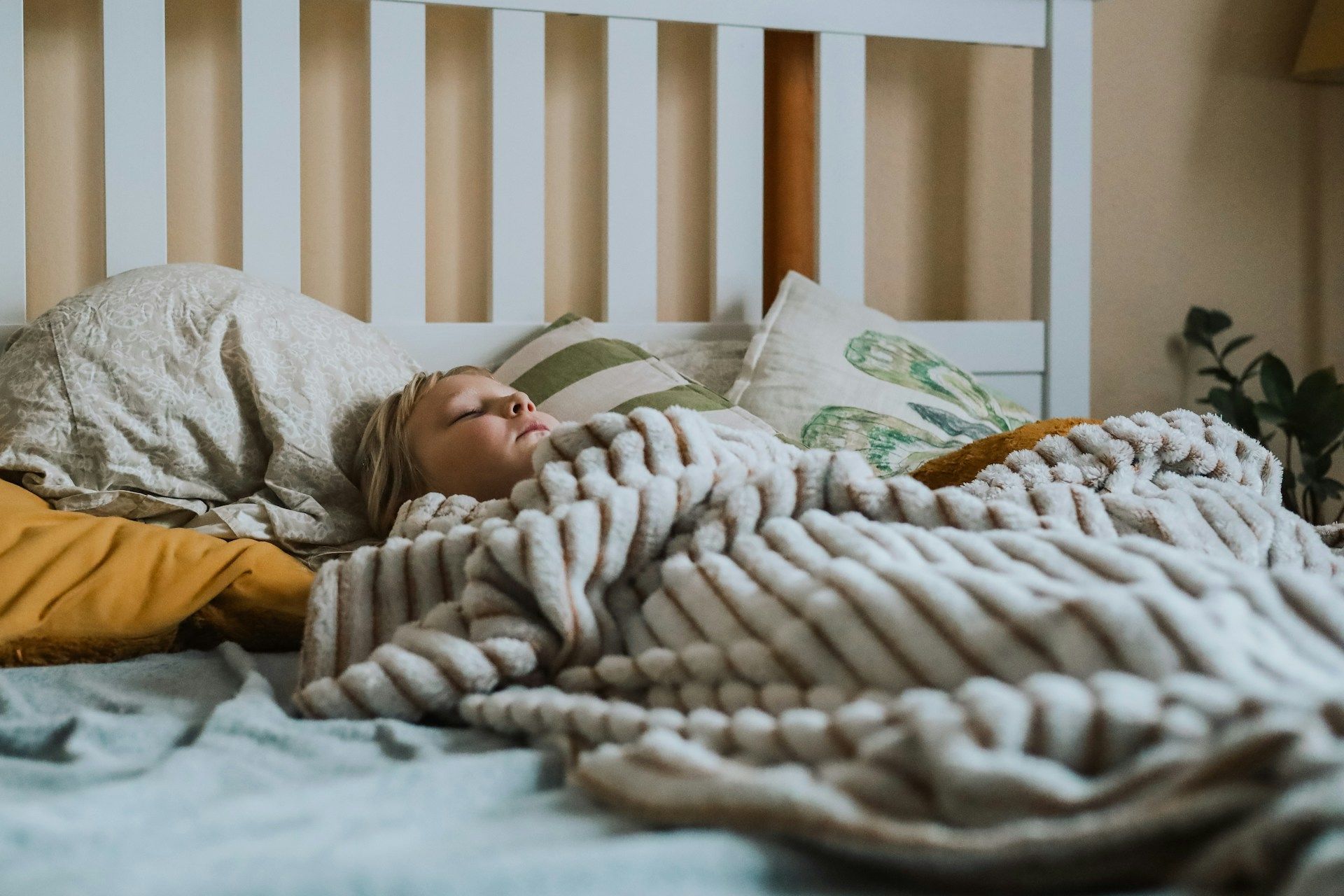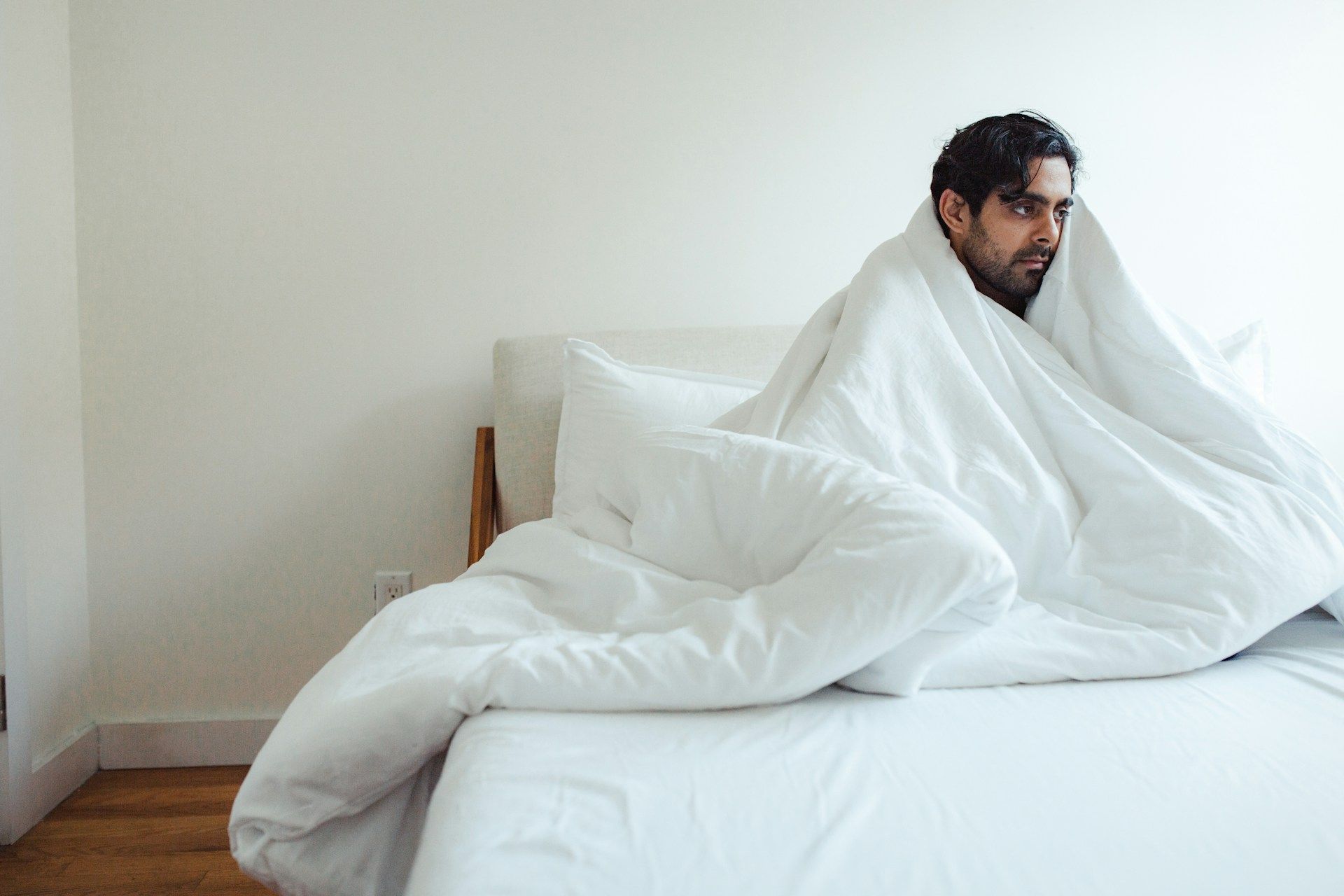Overcoming CPAP Intolerance: Alternative Sleep Apnea Treatment Solutions
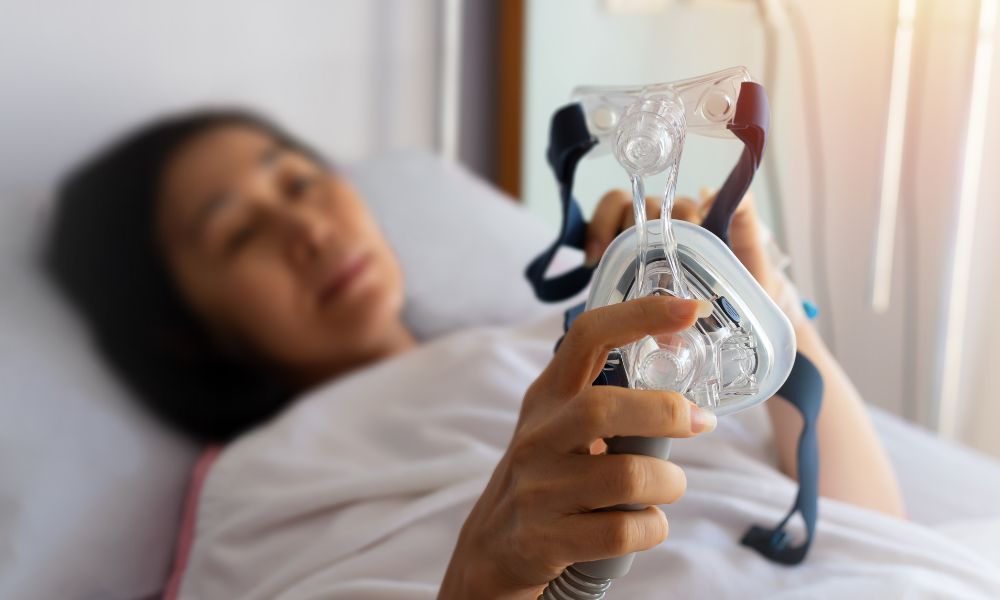
Continuous positive airway pressure (CPAP) therapy has become a standard treatment option for managing sleep apnea, a disorder characterized by interrupted breathing during sleep. While CPAP therapy has proven effective for many sleep apnea patients, a significant number of individuals experience challenges in adapting to this treatment, leading to CPAP intolerance. If you've struggled with CPAP intolerance, it is crucial to know that alternative treatment solutions can effectively address your sleep apnea symptoms and improve your overall health.
At Sleep Advantage, a sleep apnea treatment center in Arlington, WA, we understand the challenges patients may encounter with CPAP therapy and are committed to offering comprehensive care to those searching for alternative sleep apnea treatment approaches. Our knowledgeable and compassionate team provides a range of sleep apnea solutions tailored to the unique needs and preferences of each patient, ensuring optimal outcomes in managing this prevalent sleep disorder.
As a trusted sleep apnea treatment center, Sleep Advantage is dedicated to helping patients navigate their treatment options and find the most appropriate alternative solutions for their particular circumstances. In this educational blog post, we aim to explore the various reasons behind CPAP intolerance, while also highlighting the available sleep apnea treatments that can serve as effective alternatives to CPAP therapy.
CPAP intolerance can stem from a variety of sources, including discomfort, claustrophobia, or side effects such as nasal congestion or dryness. For sleep apnea patients who encounter these challenges, finding an alternative treatment option may become a priority. To cater to the needs of these patients, Sleep Advantage is committed to providing guidance and support in evaluating the suitability of alternative sleep apnea therapy options, helping patients choose the course of action that best fits their situation and needs.
Overcoming CPAP Intolerance: Alternative Sleep Apnea Treatment Solutions
CPAP therapy has long been the standard treatment for managing sleep apnea, but it is not the only solution available. For individuals struggling with CPAP intolerance, alternative treatment options exist that effectively manage sleep apnea symptoms and improve overall health. In this comprehensive guide, we explore the reasons behind CPAP intolerance, as well as the various alternative solutions for treating sleep apnea.
Understanding CPAP Intolerance
Continuous positive airway pressure (CPAP) therapy involves the use of a machine that delivers pressurized air through a mask, keeping the airway open during sleep. While this approach can be effective for many sleep apnea patients, some individuals may experience challenges with CPAP therapy due to:
- Discomfort or irritation from the mask or headgear
- Claustrophobia or feelings of confinement
- Issues with CPAP machine noise
- Side effects such as nasal congestion, dry mouth, or sinus issues
If these challenges hinder your ability to effectively manage your sleep apnea with CPAP therapy, it's essential to explore alternative treatment options.
Alternative Sleep Apnea Treatment Options
Sleep apnea patients who struggle with CPAP intolerance have several alternative treatment options to consider:
- Oral Appliance Therapy
Oral appliance therapy (OAT) involves the use of a custom-fitted dental device that helps keep the airway open during sleep by repositioning the lower jaw or tongue. These devices can improve sleep apnea symptoms and promote more restful sleep for many patients. - Surgery
Surgical treatment options for sleep apnea may include interventions such as uvulopalatopharyngoplasty (UPPP) – a procedure that removes excess soft tissue in the throat, or genioglossus advancement (GA) – a procedure that repositions the tongue to open the airway. Additionally, the removal of adenoids or tonsils, called adenoidectomy or tonsillectomy, may be beneficial for patients, particularly children, whose sleep apnea is caused by enlarged adenoids or tonsils. Please note that surgery is the last resort and only considered after all other options have been explored. - Positional Therapy
For patients with position-dependent sleep apnea, positional therapy may present an effective alternative to CPAP. This approach involves the use of devices or techniques, such as sleep position pillows or wearable sleep monitors, that encourage sleeping on one's side or in a position that minimizes the risk of airway obstruction. - Lifestyle Modifications
Adopting healthy habits can have a positive impact on sleep apnea symptoms. These lifestyle modifications may include weight loss, regular exercise, abstaining from alcohol or sedatives before bedtime, maintaining a consistent sleep schedule, and avoiding food or beverages that can cause nasal congestion or exacerbate reflux symptoms.
Finding the Right Treatment for You
As each person's sleep apnea severity, causes, and preferences may differ, it's important to find the most appropriate treatment option for your specific situation. Consider the following steps when exploring alternative sleep apnea treatment options:
- Consult with Your Sleep Specialist: A qualified sleep specialist can help you assess the effectiveness of your current sleep apnea treatment, identify CPAP intolerance issues, and recommend appropriate alternative therapies.
- Evaluate Treatment Options: Consider the pros and cons of each alternative treatment option, taking into account factors like affordability, effectiveness, comfort, and lifestyle compatibility.
- Discuss Your Options with Your Sleep Specialist: Open dialogue with your sleep specialist about your concerns, preferences, and expectations to guide your journey toward finding an alternative sleep apnea treatment that works for you.
- Monitor Your Progress: As you embark on a new sleep apnea treatment path, track your progress and maintain regular follow-up appointments with your sleep specialist to ensure the effectiveness of your chosen treatment and make any necessary adjustments.
Sleep apnea is a prevalent sleep disorder that requires effective management to prevent long- term health consequences. For individuals struggling with CPAP intolerance, the good news is that alternative treatment options exist to help you manage your sleep apnea symptoms and improve your overall health. By working closely with your sleep specialist, you can explore these alternative solutions and find the most suitable approach to effectively treat your sleep apnea and enable sound, restorative sleep.
Whether you have recently been diagnosed with sleep apnea or have struggled with CPAP therapy for some time, Sleep Advantage aims to empower you with knowledge and insight into a range of
alternatives to CPAP machines. Sleep Advantage's mission is to provide comprehensive sleep apnea care that empowers patients to take control of their sleep, health, and overall quality of life.

